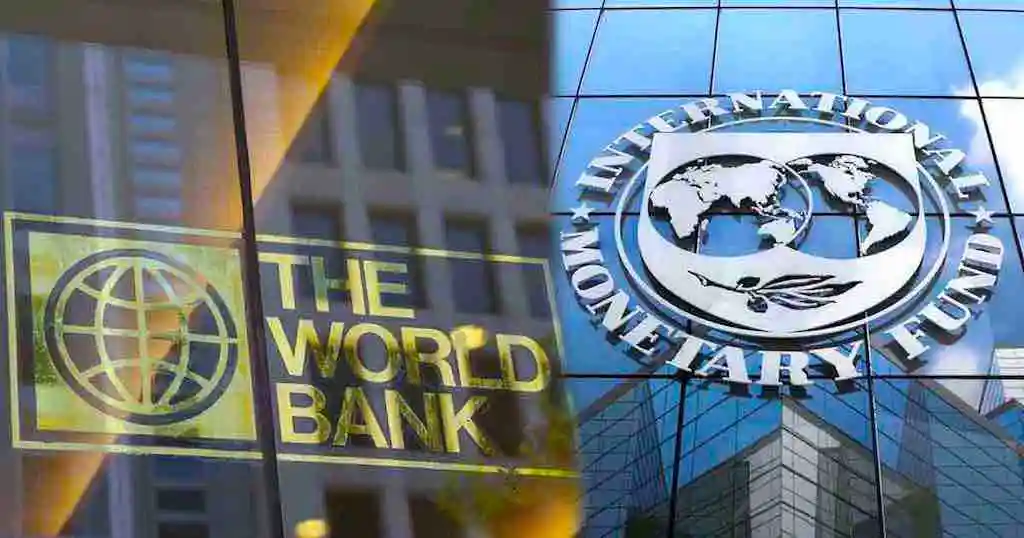Nigeria’s economic future is caught between two contrasting forecasts, as the International Monetary Fund (IMF) has slashed its 2025 growth projection to 3%, citing falling global crude oil prices and continued reliance on oil exports. This comes as a sharp revision from the IMF’s earlier forecast of 3.2%, raising concerns over the country’s vulnerability to global market shocks and the urgent need for economic diversification.
Meanwhile, the World Bank offers a more promising outlook, estimating Nigeria’s GDP growth at 3.6% for 2025. According to its latest report, the upbeat forecast is driven by rising performance in non-oil sectors, especially financial services and telecommunications. The World Bank also points to softening inflation, improved investor confidence, and policy reforms as catalysts for economic momentum.
Related Articles:
- Edu leads delegation to attend IMF spring meeting in Washington
- IMF’s Gopinath meets Wale Edun as Nigeria pushes for economic reforms, stronger credit ratings
- World Bank, IMF water privatisation agenda threatens human rights in Africa, groups warn
The diverging views of these global financial institutions spotlight the uncertainty surrounding Nigeria’s economic trajectory. While the IMF’s concerns emphasize the risks of oil dependency, the World Bank’s optimism underscores the untapped potential in Nigeria’s non-oil sectors. With global oil prices under pressure and structural reforms still evolving, Nigeria’s path to sustainable growth may hinge on its ability to embrace diversification and foster resilience across its economic landscape.






